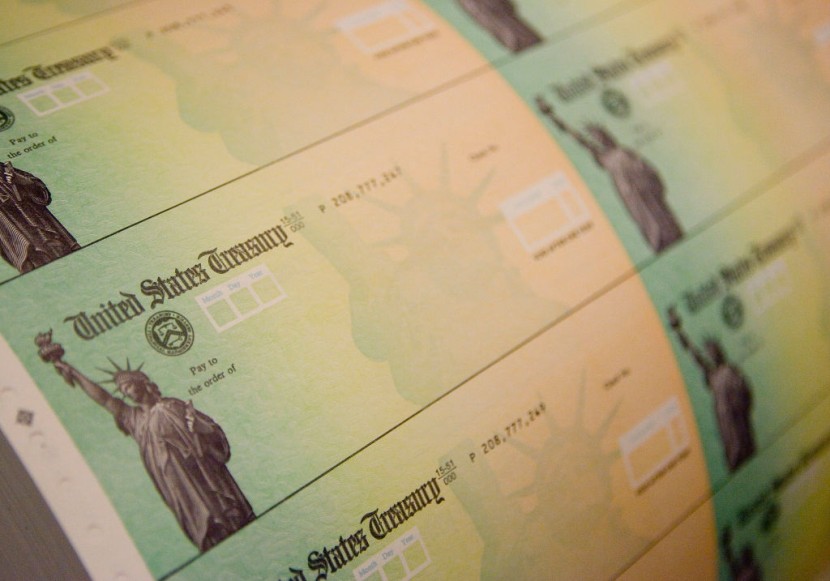
As filing for taxes comes near, many Americans wonder if they would need to pay taxes for the stimulus money they received last year; the good news is the Internal Revenue system announced that stimulus money is tax-free.
According to the IRS, people will get to keep the money that they received from the relief efforts of the federal government for the pandemic. This applies to both the $1,200 stimulus check early in 2020 and the $600 that was distributed in December and January.
Newsweek reported that in an Official statement, IRS announced that the stimulus payments are not income and that people will not owe any tax for it. The IRS also clarified that the stimulus money is tax-free, thus it will not affect the amount of taxes or reduce the tax refund of a person.
Recovery Rebate Credit
When the stimulus bill was passed lawmakers wanted to make sure that the stimulus money will be tax-free. Thus, the stimulus bill was structured so that the payments will be treated as advance refundable tax credit for 2020.
Tax credits usually reduce a person's tax bill for every dollar. These credits are also refundable, which means that if a person's tax credit was more than what he owed the IRS, the government will pay him the balance that remains.
An example is if a person has to pay $400 for tax but has an $850 tax credit, he would not need to pay the $400 and he will also receive a $450 payment. If the tax credit is considered as an advance credit, a person will get the money before he even files for taxes.
Can One Claim Missing Stimulus Money in 2020 Tax Return?
Aside from stimulus money that is tax-free, a person may also claim money from his stimulus payment that was missing.
According to H&R Block's chief tax officer, Kathy Piercing, a person who received the correct amount of stimulus checks should just file their taxes normally and wouldn't have to report anything.
Meanwhile, for those who did not receive their stimulus payment or received only a partial amount, there will be an additional step in filling out the tax returns in order to get the money their one is owed.
A person simply needs to check a rough calculation of the money that they should have gotten and note how much they only got. These can be accomplished through online calculators like Kiplinger's or Nerdwallet, AARP reported.
The person also needs to send the calculations to the IRS. If the IRS finds that one's calculations are correct, they will add the money in the tax refund or reduce the taxes that a person has to pay.
There were also a lucky number of individuals who received stimulus money that is larger than what they should have gotten. The IRS has stated that these people do not need to return the money anymore.
With the announcement that the stimulus money is tax-free, many Americans have smiled at the news and were relieved that it will not add to the taxes that they will pay when the tax filing season starts on February 12.








